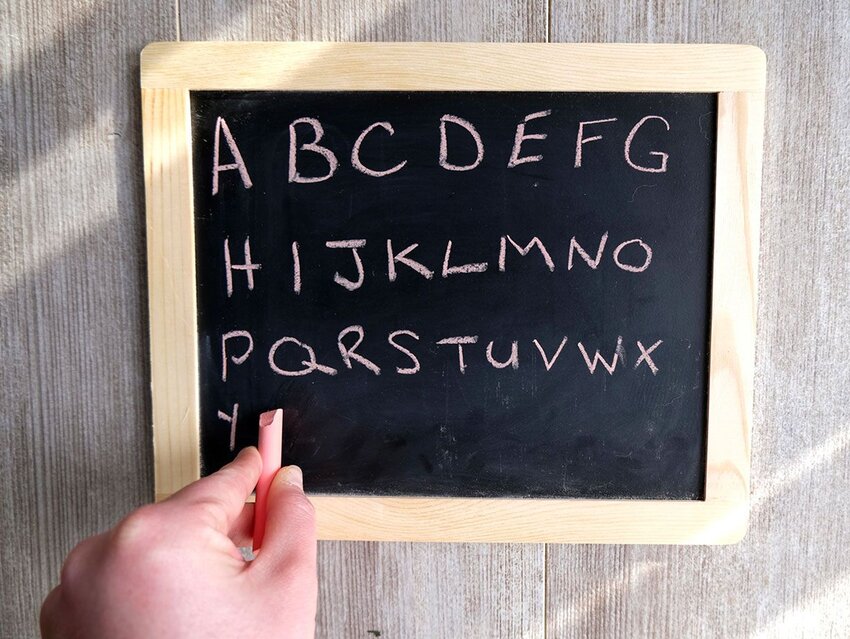Some words are so frequently misused that they trip up even native English writers. Terms and phrases that include the article “a” are especially tricky since they often can be written as one word or two. Sometimes, a missing or misplaced space can change the meaning. Here are three commonly misspelled terms and tips on how to select the correct version when you’re writing.
A Lot vs. Alot
Let’s start with an easy one. The phrase “a lot” means “a large amount.” (For example: “There are a lot of children in the family.”) “Alot” is not a word, but it’s a common misspelling of “a lot,” which should always be written as two words. The words “lots” or “many” can also be used to mean the same thing.
The word “allot,” meanwhile, has an entirely different definition. It’s a verb that means “to apportion a share or task.” (For example: “Each child will be allotted one cookie before bedtime.”) It’s related to the noun “allotment,” which means “the amount of something allocated to a particular person.”
A Part vs. Apart
Both of these two terms are correct, but they have slightly different meanings. “A part” (two words) means an individual piece of something, while the single word “apart” is an adverb used to describe things that have been separated.
If you can replace the term with “one part,” then “a part” is the version you want.
The actor was given a part in the play.
Maria ordered a part for her car.
Talking to customers is a part of my job.
In more casual communication, the article “a” can be dropped. (For example: “Talking to customers is part of my job.”)
Use “apart” when talking about two things separated by time, distance, or space, either literally or figuratively.
America and Australia are very far apart.
The books were published several years apart.
His wife didn’t like being apart for more than a week.
“Apart” also can be used in the phrase “apart from.” In this context, it’s a synonym for “besides” or “except for.” (For example: “I love all fruit apart from bananas.”)
A While vs. Awhile
“A while” is a noun phrase that means “a period of time.” “Awhile” is an adverb that means “for a short time.” The differences are subtle, but these terms aren’t interchangeable and should be used in distinct circumstances.
In the noun phrase, “while” implies an unspecified amount of time and “a” is an indefinite article.
It’s been a while since we visited the park.
I studied geography for a while.
Minnie sat with her grandmother for a while.
To check your work, replace the noun phrase with a specific period of time — such as “a week” — and see if the sentence still makes sense. (For example: “It’s been a week since we visited the park.”)
“Awhile,” on the other hand, is used as an adverb to modify a verb. Instead of replacing a time period, there will be a verb next to “awhile.”
I read awhile after dinner.
Bill said he would visit awhile.
The children played awhile.
Check the word choice by replacing the word “awhile” with another adverb, such as “softly,” “briefly,” or “patiently.” If the meaning is clear, the adverbial usage is correct. (For example: “I read briefly after dinner.”)
Featured image credit: Katie Carlyle/ iStock

